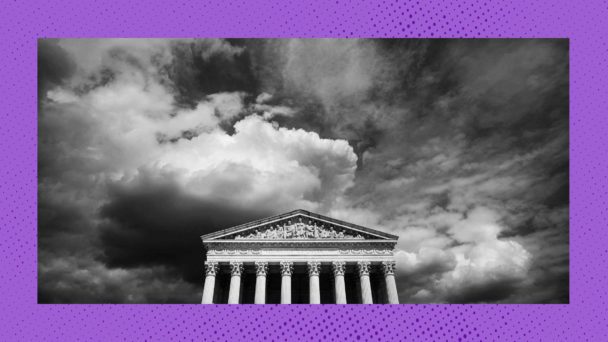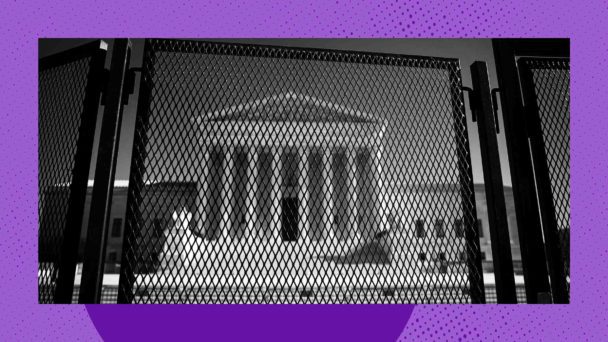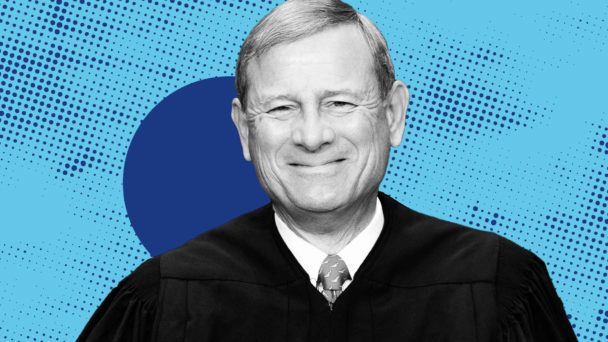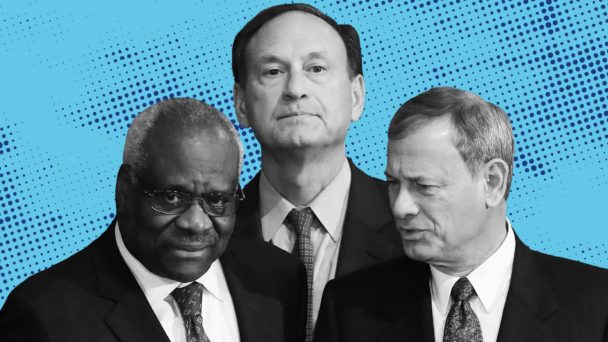Amid rising fears that the youths have become brainwashed and/or the perpetual political urge to rattle sabres against China, Congress recently passed and President Joe Biden signed a law that effectively forces TikTok’s owners to shut down or sell it. Although the law, on its face, doesn’t mention TikTok, it only affects the operations of a single company, and many lawmakers who voted for the bill repeatedly invoked their fears of the Chinese social media company’s influence and alleged national security risks.
Some legislators even claimed that the bipartisan support stemmed from concerns that TikTok was prioritizing pro-Palestinian advocacy amid the war in Gaza, supposedly radicalizing Gen Z against Israel. Congressman Mike Gallagher, a Wisconsin Republican who before his April 2024 resignation chaired the House Committee on the Chinese Communist Party, called TikTok “digital fentanyl” turning young Americans into Hamas supporters.
The company, realizing that the law poses an existential threat to its U.S. operations, filed a lawsuit arguing that the bill was unconstitutional on multiple grounds, including the First Amendment. A group of TikTok creators soon followed, claiming that the law violated their free speech rights as well.

Gallagher, possibly doing a TikTok dance (Photo by Alex Wong/Getty Images)
Much of the discussion of the lawsuits has focused on whether the ban actually targets speech or merely serves as an economic regulation, as well as the intricacies of something called a “bill of attainder,” which I vaguely remember from first-year Constitutional Law. I and other commentators have also observed the collision of two forceful doctrines in this case: the First Amendment and national security.
But taking a broader view of recent First Amendment challenges, the TikTok case provides yet another example of a recent, frustrating trend in the courts, and in the Supreme Court in particular: selective solicitude to free speech claims. We’re all unfortunately familiar with a number of these cases—from conservative aspiring website designers to aggrieved anti-union public sector employees—in which the speech claim just so happens to further long-standing items on the right-wing wish list.
But what happens when plaintiffs who are less appealing to conservative judges come to the courthouse with a free speech claim? A few recent cases demonstrate that such courts show remarkably less interest in validating liberal or progressive speakers, which bodes ill for parties like TikTok for whom the conservative movement has little regard.
The first case, McKesson v. Doe, involves a long-running case against racial justice activist DeRay McKesson: In 2016, a group of protesters, including McKesson, participated in a rally after Baton Rouge police officers shot and killed Alton Sterling, a 37-year-old Black man. At the rally, some protesters (though not McKesson) threw objects at police officers; at least one was injured. That unnamed officer sued McKesson, claiming that his rhetoric caused the officer’s injuries, even though McKesson had said nothing in connection with the violence.
Supreme Court precedent dating back to the 1980s has held that people cannot be held liable for their non-violent speech or the consequences that flow from that speech, as such speech forms “the core” of protected First Amendment activity. Yet even though McKesson was merely speaking at a rally and never encouraged any kind of violence, the case has wound through state and federal courts for close to a decade; twice, the Supreme Court has denied certiorari, which could have put an end to the case. Of course, the Court has been more than happy to intervene in lower court proceedings in other cases, particularly when those plaintiffs and their claims are more personally appealing to members of the Court’s conservative supermajority.
Complex though McKesson’s case may be, the bottom line is that he still faces a case that should have been dismissed long ago. Other progressive activists may rightfully wonder how committed the Supreme Court remains to its prior cases that (in theory) protect their rights.
The second case, Free Speech Coalition v. Paxton, concerns a 2023 Texas law that attempts to restrict minors’ access to explicit online sexual material. The Free Speech Coalition, a group of adult content sites, has long opposed such efforts in states where censorious right-wing legislatures keep exhorting us to think of the children. Some two decades ago, the Supreme Court in Ashcroft v. ACLU held that a federal law restricting minors’ access to explicit content created impermissible restrictions on adults’ access to such content. The Court did not categorically prohibit regulation, but decided that legal restrictions on access were overbroad—especially given the availability of non-legal approaches, like system-level technical limitations that prevent minors’ access.
Like in McKesson v. Doe, Supreme Court precedent pretty clearly makes the Texas law unconstitutional. Yet the Fifth Circuit Court of Appeals, as is its wont, decided to completely ignore relevant caselaw when deciding Free Speech Coalition, adopting an inapposite legal test and relying upon an irrelevant case to avoid the obvious conclusion that Ashcroft v. ACLU forecloses Texas’s law. In April, the Supreme Court took up the baton, declining the Free Speech Coalition’s request to stay the lower court’s ruling, thus allowing the Texas law to go into effect. A plainly unconstitutional law is limiting individual rights merely because the people whose rights are at stake aren’t the “right” people.
What makes cases like Paxton and McKesson different from cases like 303 Creative? First, the parties: The people whose First Amendment rights are at stake are progressive activists and adult film companies. They likely attract the interest of the conservative supermajority less than Christian website designers, dark money donors, and Ted Cruz, all of whose First Amendment rights the Court has bent over backwards in recent years to protect. Second, McKesson and the Free Speech Coalition ask for something quite modest: a ruling from the Court that existing precedent clearly supports their claims. That the Court has been unwilling or uninterested in doing so effectively neuters those existing rights—much in the way that the Court’s tacit approval of Texas’ SB 8 law effectively invalidated the right to abortion in Texas a year before Roe and Casey fell.
The justices on this Court love to remind us that they are extremely committed to robust First Amendment values. But these days, if you’re not the kind of plaintiff the conservative establishment supports, you can’t have confidence that the Court will respond to your arguments. This amounts to more than hypocrisy. It amounts to a First Amendment that only protects one type of speaker—precisely what the Court has long claimed it abhors.







